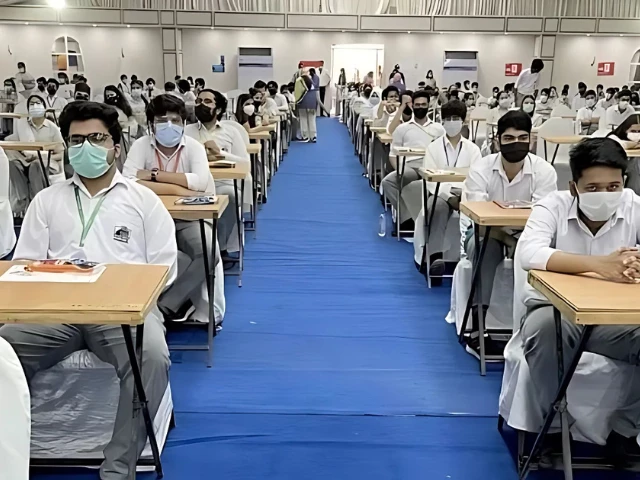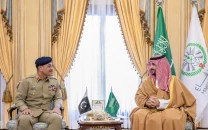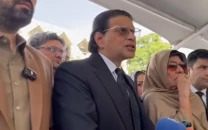National Assembly panel to probe CAIE paper leak
ED IBCC maintained that his organisation had not been officially involved with Cambridge oversight

The National Assembly Standing Committee on Education has expressed lack of confidence in the Cambridge examination system and decided to investigate the alleged leak of papers during the recent CIE exams.
The committee - which met with MNA Azeem Zahid in the chair - expressed serious concerns over the declining credibility of CIE in Pakistan due to repeated incidents of paper leaks.
Muhammad Ali Sarfraz, an MNA from Faisalabad, shared purported video evidence provided by students that allegedly confirms the leak of papers from the May 2025 O and A Level exam series. While the malpractice may have benefitted only a small group of students, Cambridge's response - either cancelling exams or relying on average-based grading - could unfairly penalise a large number of students.
He urged Cambridge to consider re-administering the affected papers or adjusting the grade thresholds.
The committee also questioned the oversight mechanism for CIE in Pakistan. A representative from the Ministry of Federal Education clarified that the ministry does not regulate Cambridge assessments, placing responsibility with the Inter Board Committee of Chairmen (IBCC).
However, IBCC Executive Director Dr Ghulam Ali Malah said that he had not been formally assigned any such oversight responsibility. He revealed that authorisation had previously been granted - without IBCC consultation - to allow Cambridge exams to be conducted by private schools in addition to the British Council.
Dr Malah referred to a similar incident last year, when a paper was cancelled due to a leak, Cambridge failed to share the results of its internal investigation with IBCC. Instead, the committee learnt of the developments through legal notices.
In the end, the committee decided to set up a subcommittee to independently investigate the leaks. The subcommittee comprises Dr Aleem, Zaib Jaffar, Muhammad Ali Sarfraz, and Dr Ghulam Ali Malah. It has been tasked with reviewing the circumstances of the exam breaches and, if required, will seek to engage with Cambridge representatives based abroad due to the limited mandate of local officials, including Cambridge's Pakistan representative, Uzma Yousaf.
The investigation is scheduled to begin after June 16, following a request from Yousaf. During the meeting, she attempted to shift attention by criticising the performance of Pakistani education boards, suggesting that many students opt for Cambridge due to their shortcomings. However, committee members rebuffed her remarks, saying that not all Pakistani boards perform poorly and that her focus should remain on addressing the issues within the Cambridge system.
The committee reaffirmed its commitment to ensuring fairness and transparency in academic assessments and stressed the importance of protecting students from the consequences of administrative lapses.





















COMMENTS
Comments are moderated and generally will be posted if they are on-topic and not abusive.
For more information, please see our Comments FAQ